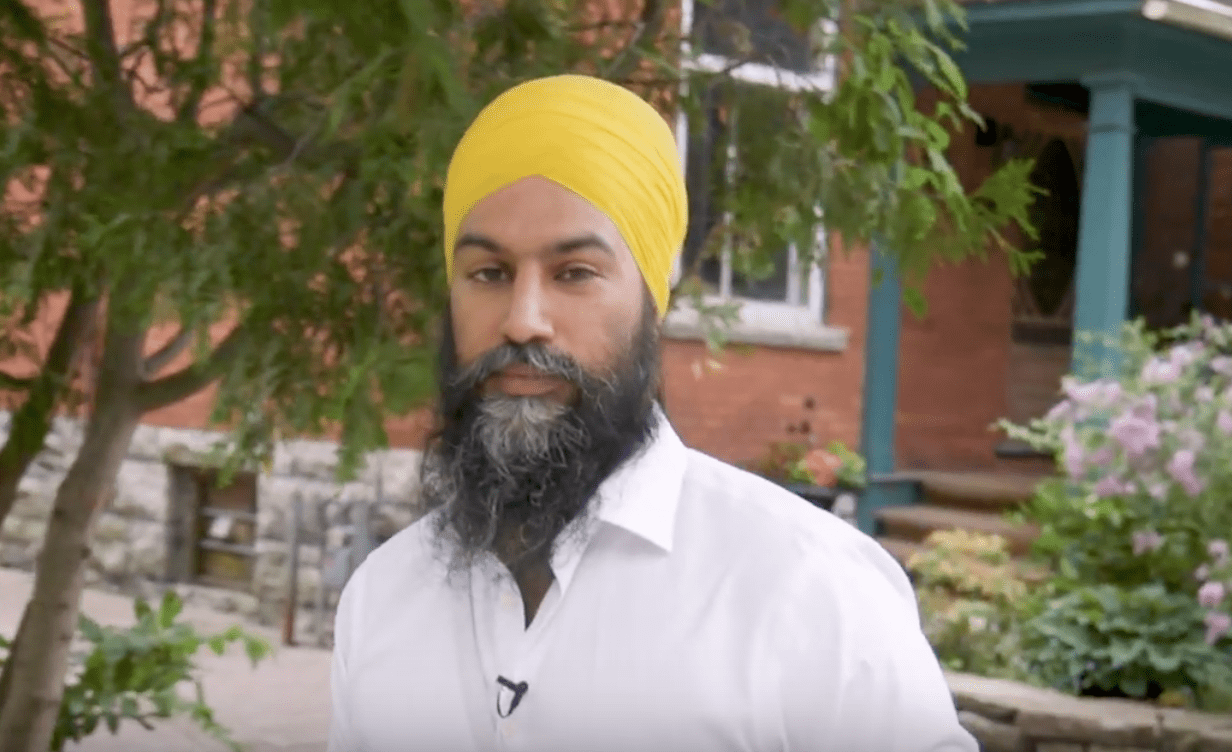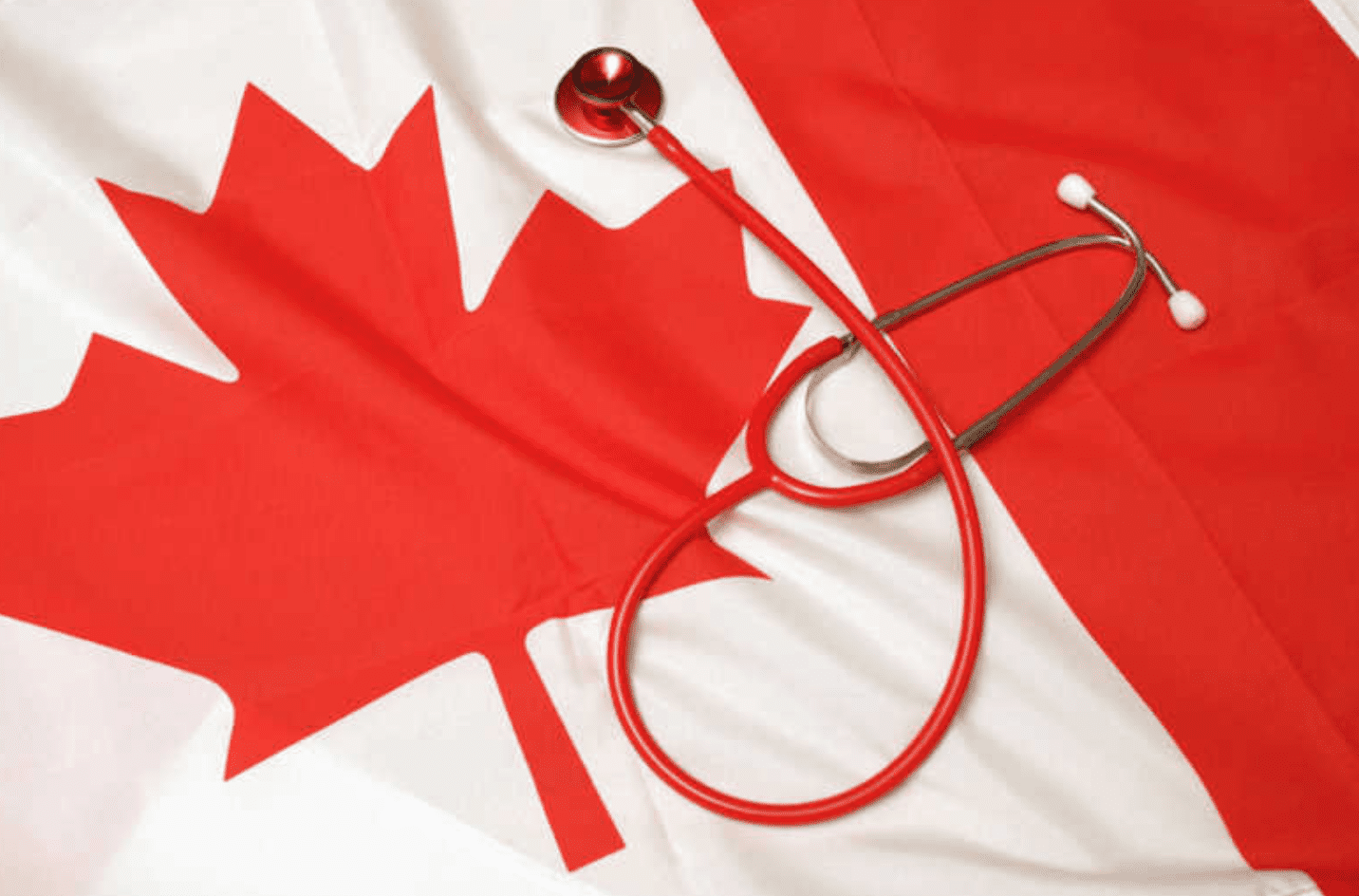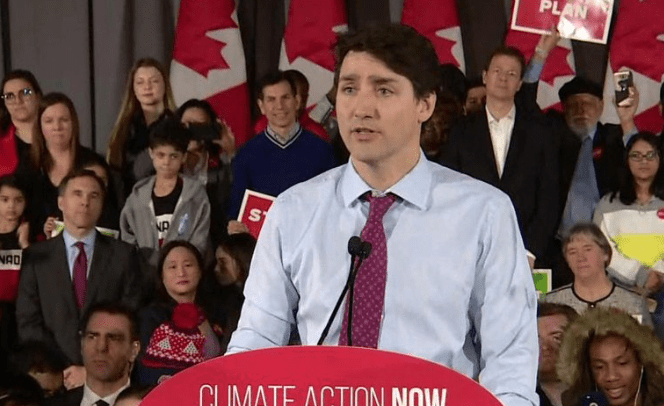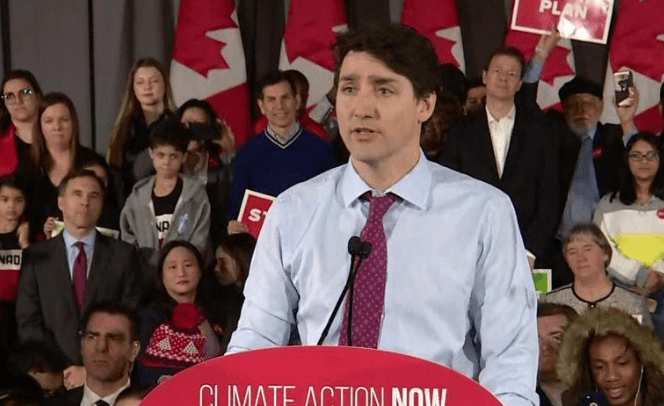Exactly one century ago this month, Canada's Ministry of Health was born, assuming federal responsibility for health from the Department of Agriculture. Over the 100 subsequent years, Canada's health system has changed remarkably, particularly the implementation of a universal healthcare system in each province and territory across the country.
While Canadians often boast about their social healthcare a typical cheeky chant from Vancouver Whitecaps soccer supporters who travel to away matches in the USA is "we've got healthcare" the reality is that the scope of Canada's public health system lags behind most European countries. Only 71 percent of health costs in Canada are covered by the public system, according to the Canadian Institute for Health Information, whereas in Europe the figure is often 85 percent. Here in Canada, many medically-necessary products and services such as pharmaceuticals, dentistry, mental health, optometry, physiotherapy and audiology are largely excluded from the public system.
For Canadians who cannot afford to purchase such services from the private sector, they are generally forced to go without, despite the detrimental impact to their personal health. The Canadian Medical Association has noted that access to care is not equitable, causing millions of dollars' worth of avoidable hospital visits, a decline in economic productivity, less community participation and greater social isolation.
As we prepare to vote next month, Canadians view healthcare as a major issue. An Abacus Data poll conducted in late August found healthcare was respondents' second most important topic, while an Angus Reid poll from late August and a Ipsos poll from mid-September both found healthcare to be the primary issue of concern for Canadians.
The pending election provides an opportunity to expand the range of health services covered by Canada's public care system. Three political parties the Liberals, New Democrats and Greens have already proposed incorporating at least one additional major health service into the public system, while the Conservatives have claimed that expanding healthcare coverage would ultimately hurt people in poverty.
Pharmacare has received considerable attention during the election period thus far. According to the Organization for Economic Co-operation and Development (OECD), Canadians pay the third-highest prices for prescription drugs of its 36 member countries. As an extreme example, if an adult were to be diagnosed with late-onset Pompe disease and be prescribed Myozyme (alglucosidase alfa), the cost could be greater than half a million dollars each year. A 2002 Senate report recommended "…the federal government introduce a program to protect Canadians against catastrophic prescription drug expenses."
"Study after study has confirmed universal drug coverage is the most efficient, economical and equitable option for Canada," Linda Silas, president of the Canadian Federation of Nurses Unions, told the CBC on Monday. According to an article in the Canadian Medical Association Journal, implementing a national pharmacare program could lower drug costs by $7.3 billion annually.
The Canadian Medical Association has argued that "all Canadians should have access to medically necessary drugs regardless of their ability to pay," and stated that its member doctors support "a single, national, public pharmacare plan operated by the federal government and funded by taxes collected by the federal government."
The New Democrats are offering a universal pharmacare program that would begin covering Health Canada-approved drugs by late 2020, and would save the average family $500 each year. The Greens are also promising to cover all Canadians with pharmacare, as well as establish a bulk drug purchasing agency. Meanwhile, the Liberals have promised to take "critical next steps" toward a national pharmacare program, but the money they've pledged is only a small fraction of the actual cost (the amount wouldn't even cover "essential medicines"), the proposal lacks a timeline, and the Liberals wouldn't force provinces to adopt it.
Countries that already include pharmacare in their public health system include Australia, New Zealand, Germany, Sweden, France, Netherlands, Italy, Switzerland, Norway, Israel, Japan and Taiwan. Denmark subsidizes drug costs, while the United Kingdom only requires a co-payment of £8.40 for all prescriptions.
Dental care is another topic of discussion this election campaign. According to the Canadian Association of Public Health Dentistry, 32 percent of Canadians do not have dental insurance, and an estimated 6 million people don't visit a dentist each year because they cannot afford the costs. Research has found evidence of links between poor oral health and chronic disease of the heart, lungs and stomach.
Dr. Hazel Stewart, former director of dental and oral health services for the City of Toronto, wrote in the Toronto Star last month that, "While previous governments have shied away from implementing universal dental care because of the cost, the reality is that we're paying more to treat the health consequences of dental neglect than we would if we invested in primary dental care."
Two medical experts told the Huffington Post that in 2014 there were "almost 222,000 visits to Ontario physician offices for teeth and gum issues," despite that physicians are not able to deal with such medical problems. Dr. Mario Brendan, director of the UBC Faculty of Dentistry's dental public health program, told Dentistry Today that the annual cost of trips to emergency rooms across Canada due to preventable dental conditions was $155 million.
The Canadian Association of Public Health Dentistry supports "inclusion of oral health care as a core or essential healthcare service for all Canadians," and recommends that the government "commit to invest at least $600 million annually to support provinces/territories to expand their public dental programs…"
Political discourse about adding dental service to public healthcare has been ongoing for at least 88 years. In 1931, Ontario's minister of health stated it was the "duty" of the state to help parents pay for dental care for their children. That same province's Progressive Conservatives came to power in 1943 with the promise of public denticare, yet after 42 consecutive years in office had still not delivered it. The 1964 Royal Commission on Health Service's top recommendation was to offer public dental care.
The NDP has pledged to offer denticare beginning in January 2020 for free to families with an annual household income of less than $70,000, and a sliding co-payment scale for those earning up to $90,000, as the first step toward eventual universal coverage. The Greens are promising dental care for "low-income Canadians," although the threshold has not been specified. The Liberals have not made any mention of dental care thus far, and Liberal health minister Ginette Petitpas Taylor told a House of Commons committee this past December that "no federal investments are being made," as Andrew MacLeod noted last week in the Tyee.
Dental care is part of public healthcare in Germany, France, Japan and Taiwan. Most costs are covered by government in the United Kingdom and in Denmark. Free children's dental services are offered in Australia, New Zealand, Sweden, Netherlands, Norway, Italy and Israel.
Mental health has also been debated this election campaign. The Canadian Mental Health Association estimates 6.7 million or one of every five Canadians experience mental illness every year, yet mental health services are not available for most Canadians. The Canadian Medical Association (CMA) and Canadian Psychiatric Association (CPA) note that that fewer than one-third of Canadians with a mental illness will seek treatment.
Significant cost savings could be achieved by offering preventative services. According to the CMA and CPA, "Mental illness costs Canada over $50 billion annually in health care costs, lost productivity and reductions in health-related quality of life." However, it would cost only $3.1 billion a year to achieve the level of funding the Canadian Mental Health Association (CMHA) recommends. Likewise, the price of implementing a national psychotherapy program would be just several hundred million dollars each year, according to a Canadian Psychological Association study conducted by the University of Calgary's Keith Dobson, as reported in the Vancouver Sun.
The CPA argues that mental health should receive a larger share of overall public health funding, while the CMHA recommends the government "publicly fund evidence-based therapies." The CMA and CPA both advocate for an "appropriate supply" of mental health professionals and "equitable coverage of essential mental health care and treatment."
The Liberals have offered an unspecified increase to mental health funding. The Greens pledge to establish a national mental health strategy and expand services, but offer no further details. The NDP platform makes 11 mentions of mental health but offers no specific new promises, stating it would eventually become part of their "head-to-toe" universal healthcare system.
Mental health is covered by public healthcare in New Zealand, Denmark, Sweden, Germany, Switzerland, Israel, Japan and Taiwan. Netherlands offers full payment for severe cases, while services are partially covered in France. The USA's Affordable Care Act requires mental health coverage from all individual insurance plans and small-company health plans.
Optometry or eye care is another element of healthcare where significant savings could be achieved by incorporating services into the public system. The Canadian Association of Optometrists (CAO) advocates that eye health be treated as a core component of overall health, and claims that "Vision correction is one of the most cost-effective interventions in human and economic development… Millions of dollars could be saved annually if avoidable vision loss was prevented. A return of close to $5 for every dollar invested can be achieved."
The organization also states that "Lower educational attainment and employment rates, higher absenteeism, decreased salary, injury, premature retirement, lower socioeconomic position and poorer health and life chances are all associated with poor visual function… People with vision loss are at greater risk of social isolation and reduced community participation."
According to the CAO, 75 percent of vision loss is preventable or treatable, while 80 percent of learning is visual, making vision health particularly important for children. An estimated one in four school-aged children in Canada has an undetected vision issue.
The NDP aims to eventually include optometry in its "head-to-toe" universal healthcare system, while the Liberals and Greens have made no offers to publicly cover vision services. Optometry is part of public healthcare in Germany and France, and is subsidized in Denmark. Both Sweden and Switzerland pay for children's vision services.
Physiotherapy is another health service that could reap substantial savings if brought under the public umbrella. According to the Canadian Physiotherapy Association, one in five Canadians live with chronic pain. Physiotherapy could be used to decrease treatment costs and to minimize the prescription of opioids.
The Canadian Physiotherapy Association estimates that by 2036, more than 62 percent of health care spending will be on senior citizens, and argues that physiotherapy services are more cost-effective than hospital-based procedures such as post-fall surgery or extended hospital stays.
Manitoba's provincial government recently made cuts to outpatient physiotherapy coverage to alleviate a decrease in the province's sales tax.
The federal Greens promise to expand rehabilitation services. The NDP platform does not mention physiotherapy, although the party's vision of eventual "head-to-toe" coverage would assumedly incorporate it. The Liberals have made no offers to expand public physiotherapy coverage.
The United Kingdom, France, Sweden, Switzerland, Norway, Japan and Taiwan all include physiotherapy in public health. Denmark subsidizes the cost, while Netherland covers payment until the age of 18.
Audiology or hearing care is an often overlooked aspect of health. The Canadian Academy of Audiology has bemoaned the "…alarming disparity in the hearing health services available to infants and children," while the Canada Infant Hearing Task Force gave Canada a grade of "insufficient" in its 2019 report card on early hearing detection and intervention programs.
Speech-Language & Audiology Canada has stated that, "All children in Canada deserve access to timely and high-quality hearing health services," while "seniors need improved access to… audiology services."
With the Accessible Canada Act (formerly Bill C-81) receiving royal assent this past summer, don't be surprised if access to hearing health services and devices receives greater publicity in the months ahead.
The NDP mentions the importance of hearing care in their platform, but no specific promises are made. The Green platform is silent on hearing health, while the Liberals have not made any related announcements.
As Canada is one of the wealthiest countries in the world, our glaring disparities regarding access to health services and health outcomes must be tackled. As already mentioned, incorporating medically-required health services into the public system could offer substantial cost savings. If the most impoverished Canadians are able to live happy and healthy lives, we all benefit from their greater contributions to society and the economy.
The logic behind including physician and emergency health services in the public care system for the past five decades is no different than covering all other medically-necessary services. The expansion of Canada's incomplete universal healthcare system is long overdue, and next month's federal election will allow voters to finally nudge the government down that inevitable path.
Photo Credit: Healthcare Global
The views, opinions and positions expressed by columnists and contributors are the author’s alone. They do not inherently or expressly reflect the views, opinions and/or positions of our publication.














